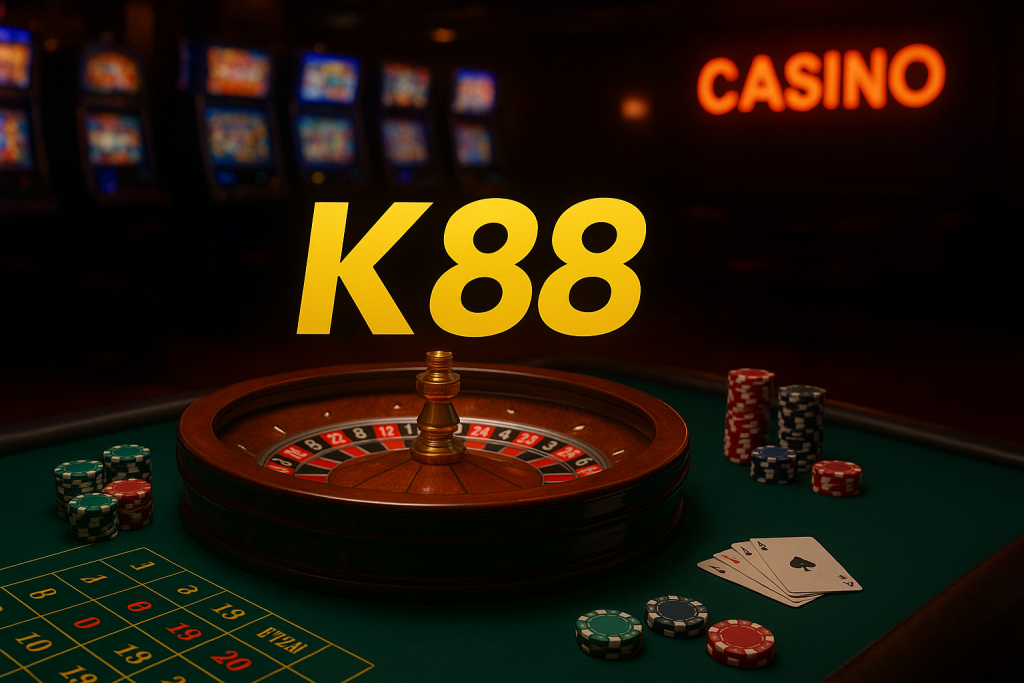
Casinos are more than just places where money is wagered—they are carefully designed environments built to capture attention, create excitement, and encourage prolonged play. Behind the flashing lights and thrilling sounds lies a deep understanding of human psychology. Exploring these psychological elements reveals why casino gaming has such a powerful appeal.
The Thrill of Uncertainty
At the heart of every casino game is uncertainty. Whether spinning a roulette wheel, rolling dice, or pulling a slot lever, players never know what the outcome will be. This unpredictability stimulates the brain’s reward system, releasing dopamine and creating a sense of excitement. The anticipation itself becomes addictive, driving players to continue chasing the next win.
The Illusion of Control
Many players believe they can influence outcomes, even when games are based entirely on chance. Rituals such as blowing on dice, choosing “lucky” slot machines, or betting in specific patterns give gamblers the illusion of control. While these behaviors don’t change the odds, they create a sense of personal involvement that enhances enjoyment.
Online casinos also use this principle by offering interactive features such as side bets, customization, and bonus rounds. These options give players the feeling that their decisions matter, keeping them engaged longer.
Sensory Stimulation
Casinos are masters at using sights and sounds to influence player behavior. Bright colors, celebratory sound effects, and engaging graphics make even small wins feel like major achievements. Slot machines, for example, often reward players with sounds and animations, even when the payout is less than the initial bet.
Digital platforms replicate this with immersive soundtracks, high-quality animations, and quick feedback mechanisms. The combination of visual and auditory cues ensures players remain entertained while subconsciously motivated to continue playing.
Near Miss Effect
Another powerful psychological trigger is the near miss. When the reels on a slot machine stop just one symbol away from a jackpot, players often feel encouraged to try again. Psychologists explain this as the brain interpreting near misses as progress, even though the outcome is still a loss.
This effect can be particularly powerful online, where software is designed to increase engagement by strategically presenting near-win situations.
Social Interaction
Human beings are social creatures, and casinos leverage this fact effectively. Table games such as poker, blackjack, and baccarat create a communal environment where competition and camaraderie thrive. Online platforms recreate this atmosphere through live dealer games, multiplayer modes, and chat functions, ensuring players feel part of a larger community.
Leaderboards, achievements, and tournaments also tap into the desire for recognition and competition, further enhancing player motivation.
Risk and Reward
At its core, gambling appeals to our love of risk. Placing a bet involves uncertainty, but the potential reward creates excitement. The adrenaline rush of risking money for a chance at winning big is an experience unlike any other. Casinos balance this dynamic by offering a variety of games with different levels of risk, catering to both cautious players and high rollers.
Final Thoughts
The psychology of casino gaming demonstrates that gambling is not only about money but also about emotions, anticipation, and interaction. By understanding how the human mind responds to risk, reward, and stimulation, casinos have crafted an experience that keeps players engaged for generations.
For those who want to experience these psychological thrills in a safe and entertaining environment, k88 provides an excellent platform with a wide range of games designed to engage and excite.
Conclusion
Casino games are more than chance-based activities; they are immersive experiences built around human psychology. From uncertainty and sensory design to social interaction, every aspect plays a role in why people return to casinos time and time again. Understanding these factors can help players appreciate the entertainment value while practicing responsible gambling.